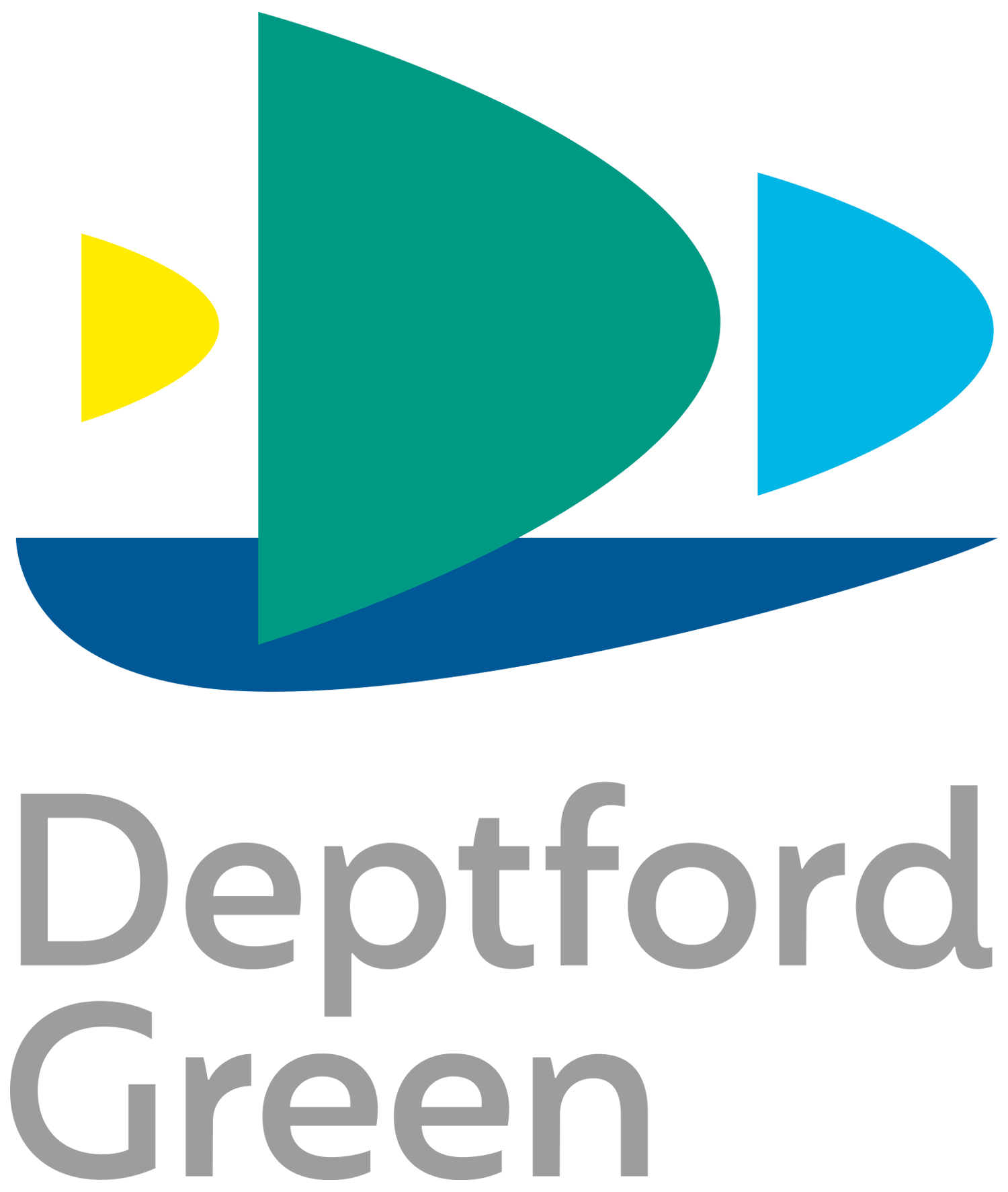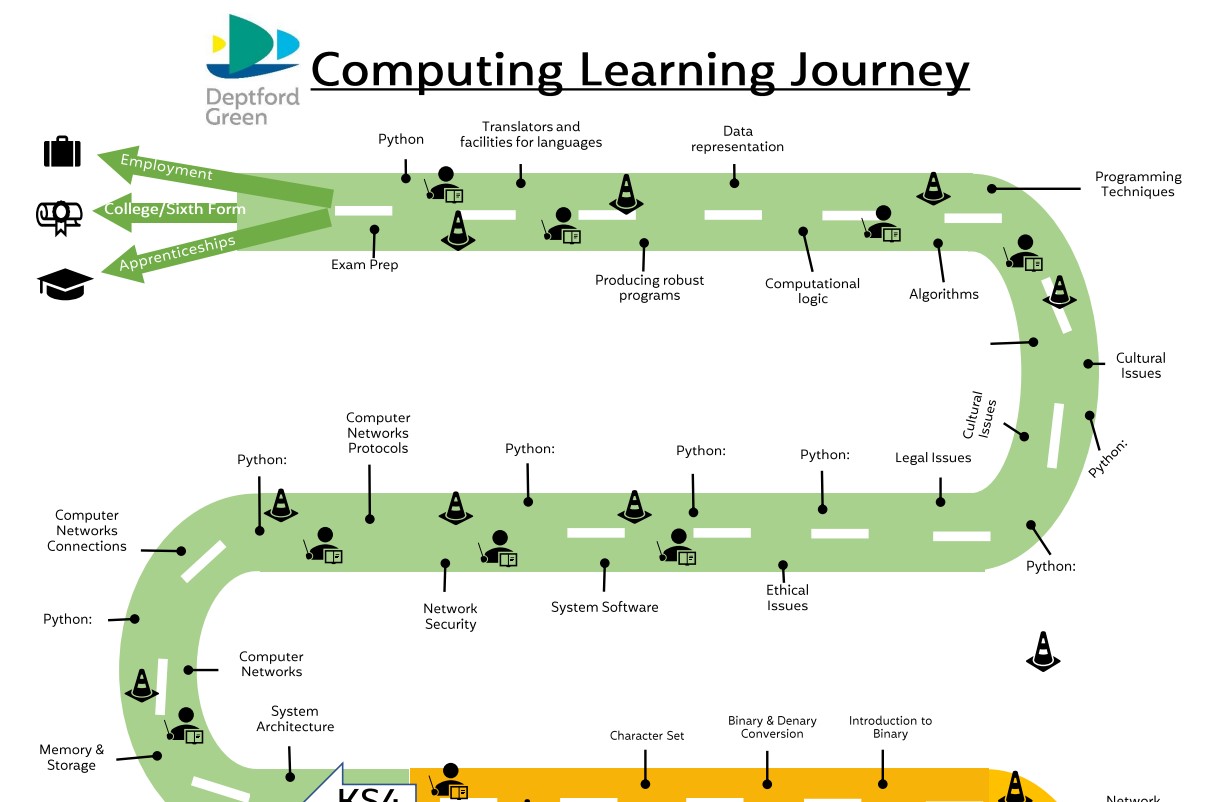Computing
“Computers are the gateway to knowledge, opportunities, personal development and career advancement”
Context
The Computing Department aims to develop confident, forward thinking learners who are knowledgeable about the use and purpose of technology in everyday lives. Our main focus is to develop learners who are reflective and logical thinkers with the ability to apply computational techniques when solving problems.
Within Computing students are given the opportunity to develop essential computing skills to navigate life and career paths. Students are knowledge in Digital Literacy and have the requisite insight in keeping safe online.
Through practical real life problem solving task and modelling, in addition to skills developed in research, data processing and computational thinking, students become independent learners who are creative, responsible and competent in the use of computers and problem solving.
Classroom Activities and Enrichment
Students are given the opportunity to discuss, reach, problem solve, practice programming and data management tasks. Students are able to continue their interest in the subject by attending Coding Club, technology seminar, visits to technology companies and attending programming workshops at TFL.
KS3
In KS3 students learning is based on the National Computing Curriculum with an emphasis on modelling and problem solving. All our lessons are individually planned and created to meet the needs of our learners.
Students develop knowledge, skills and aptitude through:
- The design of data models in accordance with real life scenario.
- Using Python and Scratch to design and develop modular programs that use procedures and functions.
- Understanding the components of computer systems and the importance of online safety.
- Creating websites using HTML and CSS styling-
- Demonstrating logical and critical thinking by decomposing problems and using algorithms to form solutions.
- Showcasing critical thinking with the use of Boolean Logic and truth tables.
- Converting Binary and manipulating bits.
KS4
In KS4 students build on the knowledge, understanding and skills established through the Computing elements of the Key Stage 3 programme of study. Students are then given the options to study OCR GCSE Computer Science depending on the pathway category they fall into at the end of KS3. By the end of Key Stage 4 some students should have developed employable and transferable programming entry level skills in Python.
Any of the chosen pathway will develop students critical thinking and logical growth mind-set in:
- Understanding and applying the fundamental principles and concepts of Computing, including abstraction, decomposition, logic, algorithms, and data representation.
- Designing, writing and debugging programs.
- Understanding the components that make up digital systems, and how they communicate.
- Demonstrating comprehensive knowledge and understanding in digital systems and technology societal impacts.
Mr Akanbi, Teacher of Computing: jakanbi@deptfordgreen.co.uk

